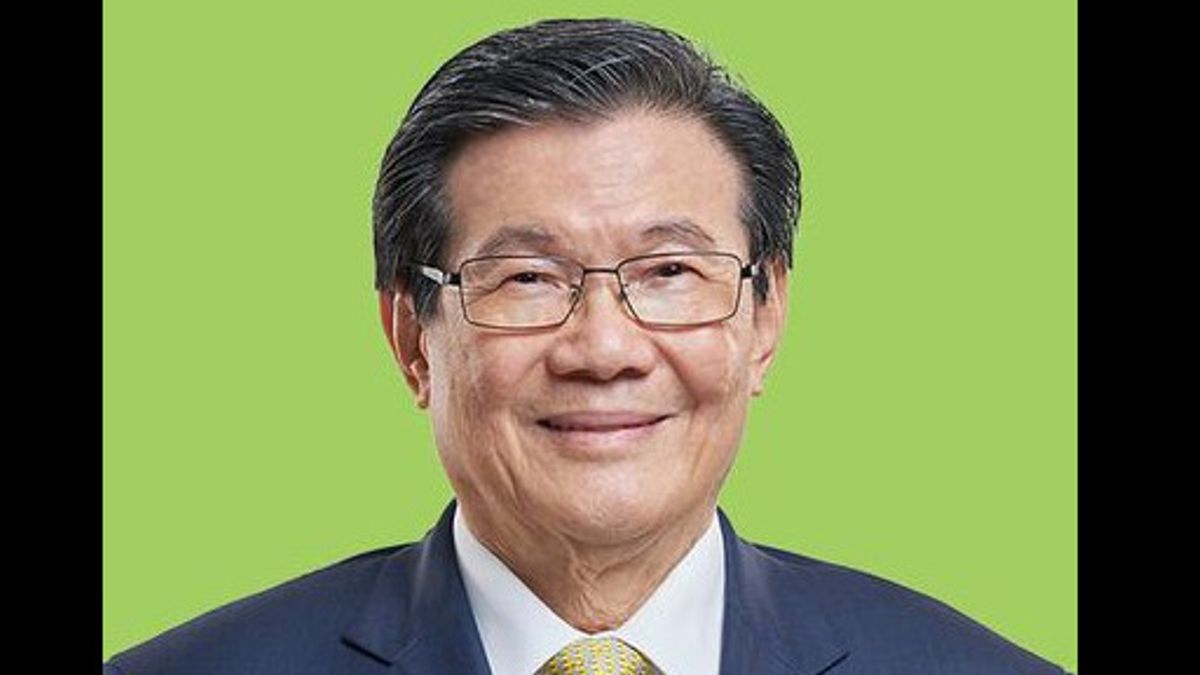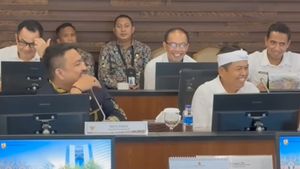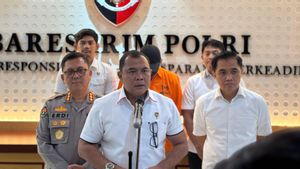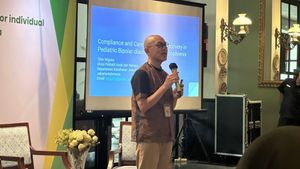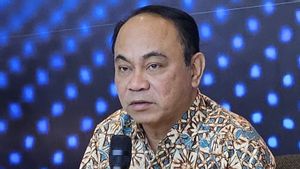JAKARTA - Senior entrepreneur Prajogo Pangestu felt the bitterness of life when he built his business from the ground up. Born with the name Phang Djoem Phen, little Prajogo spent his youth in Sambas, West Kalimantan.
He comes from a poor and homeless family. For this reason, he also had to be willing to leave school when he was in the first year. Determined to succeed, Prajogo then migrated to Jakarta. There, he had high hopes for economic success. However, these efforts failed. He decided to go home.
Who would have thought, from this decision his fate changed. After arriving in Kalimantan, he started his profession as a city transportation driver (angkot). Thanks to a wide association, he became acquainted with a wooden barman named Burhan Uray.
The Malaysian businessman was captivated by Prajogo's tenacity. After seven years of being given the opportunity to join, Burhan trusted Prajogo to occupy a strategic position at the Nusantara Plywood Factory in Gresik, East Java.
Here, Prajogo's business instincts were honed. A year later he decided to leave and start his own business. A further strategic step is to acquire CV Pacific Lumber Coy who is currently plagued by financial problems.
Under his leadership, the company managed to get out of financial trouble. As a momentum, Prajogo changed the name Pacific Lumber to PT Barito Pacific.
Like a tit for tat, the businessman who was born in 1944 had the opportunity to work with the Soeharto clan, the longest reigning President of the Republic of Indonesia in this country. From there, his efforts have shot up to date. Prajogo became widely known as a tycoon with a focus on petrochemical business. Not only that, he also expanded his business octopus to the crude palm oil, forest products, and property sectors.
Entering his old age, Prajogo, who is the third richest person in Indonesia with a wealth of 7.6 billion US dollars (Rp.106.4 trillion), then entrusted business leadership to Agus Salim Pangestu, who is the son of his marriage to Herlina Tjandinegara.
Electric vehicleThe Indonesian government is currently waiting for a 'windfall' over the euphoria of electric vehicles that are sweeping the world. The reason is, RI will become an important supply chain in the eco-friendly vehicle ecosystem.
This opportunity was also captured by the Barito Group. Based on information compiled by VOI, the business entity founded by Prajogo Pangestu has expressed readiness to support the government in developing electric vehicles through the support of plastic raw materials through PT Barito Pacific Tbk.
To note, plastic is a substitute product that is widely used in electric vehicles to replace iron. Not only Barito Pacific, the subsidiary, PT Chandra Asri Petrochemical Tbk (TPIA), was also offered to contribute to the success of this business strategy.
As two big entities in the petrochemical industry sector, Barito Group is considered a strong candidate for the government's plastic supplier in the electric vehicle program.
In terms of performance, PT Barito Pacific Tbk (BRPT) is known to have scored a total sales of 1.25 billion US dollars or the equivalent of IDR 16 trillion. In detail, domestic sales amounted to 900 million US dollars or Rp12 trillion. Meanwhile, the rest is aimed at foreign markets with a sales value of 350 US dollars or around Rp. 4 trillion.
The large volume of the Barito Group's petrochemical business is projected to be even bigger if the company manages to gain the government's trust to supply plastic for electric vehicle needs.
The English, Chinese, Japanese, Arabic, and French versions are automatically generated by the AI. So there may still be inaccuracies in translating, please always see Indonesian as our main language. (system supported by DigitalSiber.id)
